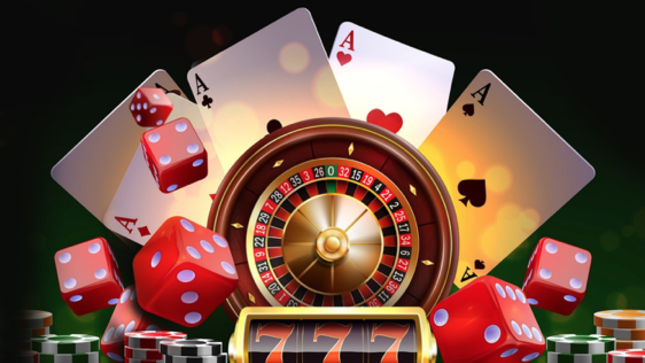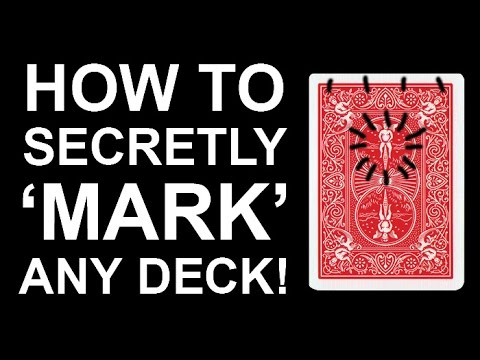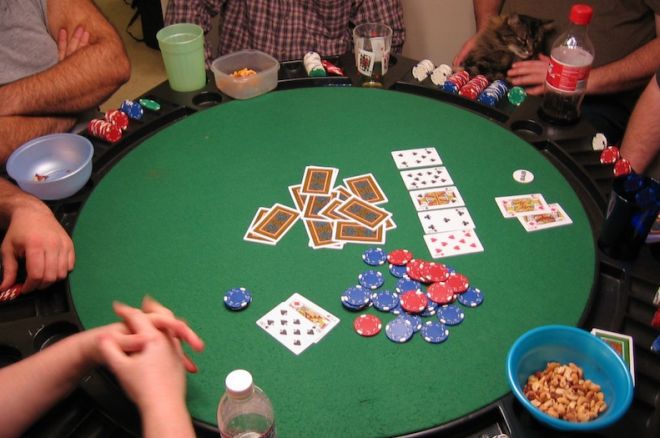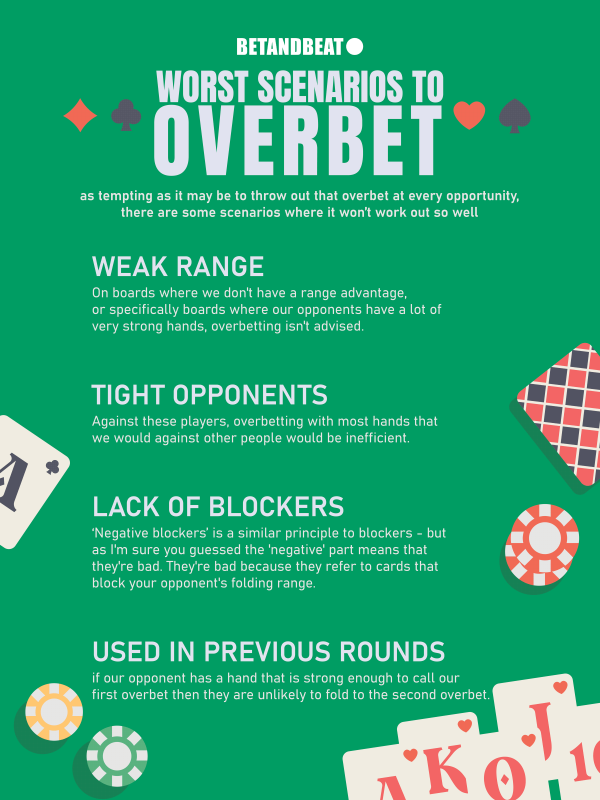Can Poker Tricks Be Used To Manipulate Other Players?
Ever wondered if poker tricks can be used to manipulate other players? It’s a tantalizing question that has intrigued both casual players and seasoned professionals alike. Poker is a game of skill, strategy, and psychology, and mastering the art of manipulation can give players a significant advantage at the table. In this article, we’ll delve into the world of poker tricks and explore whether they can truly be used to sway and manipulate other players. So, grab your poker face and let’s get started!
When it comes to poker, there’s more than meets the eye. It’s not just about the cards you hold; it’s about how you play them and how you interact with your opponents. Poker tricks, such as bluffing, reading body language, and manipulating betting patterns, can be powerful tools in the hands of a skilled player. But can these tactics truly be used to influence and manipulate other players? Is it all just a mind game? We’ll dive deep into the intricacies of poker strategy, examining the psychological aspects that come into play and exploring whether these tricks can give players an unfair advantage.
So, if you’ve ever wondered whether poker tricks can be used to manipulate other players, this article is for you. Get ready for an intriguing and enlightening journey through the world of poker strategy and psychology. Whether you’re a casual player looking to up your game or simply curious about the inner workings of the poker world, we’ve got you covered. Let’s uncover the secrets behind poker manipulation and discover the truth behind this age-old question.

Can Poker Tricks Be Used to Manipulate Other Players?
Poker is a game that has captivated players for centuries. The combination of strategy, skill, and luck makes it an exciting and challenging game to play. However, there is a dark side to poker that involves using tricks and tactics to manipulate other players. In this article, we will explore whether poker tricks can indeed be used to manipulate opponents and the ethical implications of doing so.
The Psychology of Poker Manipulation
When it comes to poker, understanding the psychology of your opponents is crucial. Manipulating other players involves exploiting their weaknesses and using psychological tactics to gain an advantage. One common form of manipulation is bluffing. By pretending to have a strong hand, players can force their opponents to fold, even if they have a better hand. Bluffing requires a keen understanding of human nature and the ability to read your opponents’ reactions and body language.
Another tactic used to manipulate other players is known as “slow playing.” This involves deliberately playing a strong hand weakly, in order to lure opponents into betting more. By giving the impression that you have a weaker hand than you actually do, you can entice your opponents to make larger bets, ultimately increasing the size of the pot.
The Ethics of Poker Manipulation
While poker manipulation may be seen as a strategic move within the game, it raises ethical concerns. Manipulating other players can be seen as deceitful and unfair. It goes against the principles of fair play and the spirit of competition. Additionally, it can create a toxic atmosphere at the poker table, fostering a sense of distrust and animosity among players.
However, some argue that manipulation is simply part of the game. They believe that poker is a game of deception, and using tricks and tactics to gain an advantage is a valid strategy. It is up to each individual player to decide where they draw the line between fair play and manipulation.
Identifying Poker Manipulation
Being able to recognize when other players are attempting to manipulate you is an important skill in poker. One telltale sign of manipulation is inconsistency in behavior. If a player suddenly changes their betting patterns or displays unusual body language, they may be trying to manipulate you. It is also important to pay attention to the context of the game and the actions of other players. Are they consistently making unusual moves or deviating from typical strategies? These could be signs of manipulation.
Another aspect to consider is the timing of bets. Manipulative players may strategically delay their bets or make quick, aggressive moves to throw off their opponents. By observing these patterns, you can potentially uncover their tactics and adjust your own strategy accordingly.
Strategies to Counter Poker Manipulation
To protect yourself from manipulation, it is essential to stay focused and maintain a strong mental game. Avoid getting emotionally invested in individual hands and instead focus on the bigger picture. By maintaining a calm and rational mindset, you can make more informed decisions and avoid falling victim to manipulative tactics.
Another effective strategy is to vary your own playing style. By mixing up your betting patterns and strategies, you make it more difficult for manipulative players to read you. This can help level the playing field and reduce the effectiveness of their tactics.
In conclusion, while poker tricks can be used to manipulate other players, there are ethical considerations to take into account. Manipulation goes against the principles of fair play and can create a negative atmosphere at the poker table. However, it is also a strategy that some players believe is an inherent part of the game. Ultimately, it is up to each individual player to decide where they stand on the issue and how they choose to approach the game of poker.
Key Takeaways: Can poker tricks be used to manipulate other players?
- Poker tricks can be used strategically to influence other players’ decisions.
- Manipulation in poker involves psychological tactics and reading opponents’ behavior.
- Understanding human psychology can help players gain an advantage at the table.
- Manipulation should be used ethically and within the rules of the game.
- Poker tricks should be accompanied by skill and knowledge for maximum effectiveness.
Frequently Asked Questions
Question 1: Are poker tricks effective in manipulating other players?
When it comes to poker, there are various strategies and techniques that players can employ to gain an advantage over their opponents. While some of these tactics can be seen as manipulative, it’s important to note that the primary goal in poker is to outsmart and outplay your opponents, not necessarily to manipulate them.
Poker tricks, such as bluffing, reading body language, and strategic betting, can be effective in creating uncertainty and confusion among other players. However, it’s crucial to remember that poker is a game of skill and strategy, and success ultimately depends on a combination of factors, including the strength of your hand, your ability to make quick decisions, and your understanding of the game.
Question 2: How can poker tricks influence the decisions of other players?
Poker tricks, when executed skillfully, can indeed influence the decisions of other players at the table. One commonly used trick is bluffing, where a player pretends to have a stronger hand than they actually do. By making aggressive bets and maintaining a confident demeanor, a skilled player can convince others to fold their hands, even if they have better cards.
Another way poker tricks can influence other players is through reading and exploiting their body language and behavior. Skilled players are adept at observing subtle cues, such as nervous tics or changes in breathing patterns, that can indicate the strength or weakness of a player’s hand. By capitalizing on these tells, they can manipulate the decisions of their opponents and gain an advantage in the game.
Question 3: What are the ethical considerations when using poker tricks to manipulate other players?
While poker is a game that involves tactics and strategy, it is essential to approach it with fairness and integrity. Using poker tricks to manipulate other players can be seen as unethical, as it goes against the spirit of the game. Poker is meant to be a test of skill and wit, and players should rely on their abilities rather than resorting to manipulative tactics.
Furthermore, manipulating other players can result in a negative playing experience and damage the overall enjoyment of the game. It is important to foster a respectful and sportsmanlike environment at the poker table, where players can compete on a level playing field and rely on their skills to determine the outcome.
Question 4: Can poker tricks backfire and lead to negative consequences?
While poker tricks can be effective in manipulating other players, they are not foolproof and can backfire. Skilled opponents may be able to see through your tricks, leading to them making better-informed decisions and potentially turning the tables on you.
Additionally, using manipulative tactics excessively or inappropriately may result in a negative reputation among other players. The poker community values fairness and sportsmanship, and players who are known for manipulating others may find it difficult to gain respect and trust from their peers. Ultimately, the risk of negative consequences should be carefully considered before employing poker tricks to manipulate other players.
Question 5: What is the best approach to succeed in poker without relying on manipulation?
The best approach to succeed in poker without relying on manipulation is to focus on developing your skills and knowledge of the game. This includes studying various strategies, understanding the odds, and honing your decision-making abilities.
Building a solid foundation in poker fundamentals, such as hand rankings, positional play, and bankroll management, will give you a strong advantage at the table. Additionally, practicing good sportsmanship and maintaining a respectful and friendly attitude towards other players can contribute to a positive playing experience and create a conducive environment for success.
How To Deal Any Poker Hand! Learn Card Cheating Tutorial- Easy
Final Thought: Can Poker Tricks Really Manipulate Other Players?
After exploring the world of poker tricks and their potential to manipulate other players, it’s clear that there is a fine line between strategy and manipulation. While poker tricks can certainly be used to gain an advantage at the table, it’s important to remember that ethics and fairness should always prevail.
Poker is a game of skill, wit, and strategy. It’s about reading your opponents, making calculated decisions, and playing the odds. However, using tricks solely for the purpose of manipulating other players goes against the spirit of the game. It’s essential to strike a balance between playing smart and playing with integrity.
While some players may argue that using poker tricks to manipulate others is part of the game, it’s crucial to consider the consequences. Building a reputation as a manipulative player can lead to mistrust and animosity among fellow players. Ultimately, the goal should be to create a healthy and enjoyable environment at the poker table, where everyone can showcase their skills and have a fair chance at winning.
In conclusion, while poker tricks can be effective tools in gaining an advantage in the game, it’s important to use them responsibly and ethically. The true essence of poker lies in the skillful execution of strategy, not in manipulating others. So, the next time you sit down at the poker table, remember to play with integrity and fairness, because in the end, it’s not just about winning, but also about enjoying the game and the camaraderie it brings.






